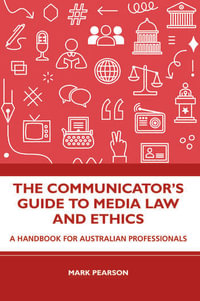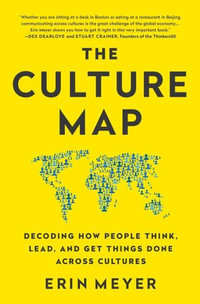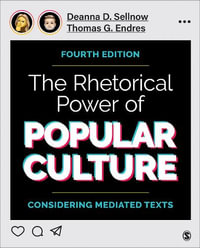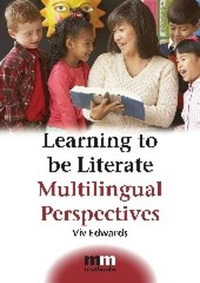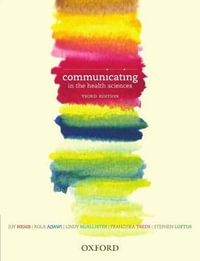Multilingual crisis communication is the first book to explore the lived experiences of linguistic minorities in crisis-affected settings in the Global South, particularly during the Covid-19 pandemic. China has been selected as a case of inquiry for multilingual crisis communication because of its high level of linguistic diversity. Taking up critical sociopolitical approaches, this book conceptualizes multilingual crisis communication from three dimensions: identifying communication barriers, engaging communication repertoires, and empowering communication justice.
Comprised of eight main chapters, along with an introduction and an epilogue, this edited book is divided into three parts in terms of the demographic and social conditions of linguistic minorities, as indigenous, migrant, and those with communicative disabilities. This book brings together a range of critical perspectives of sociolinguistic scholars, language teachers, and public health workers. Each team of authors includes at least one member of the research community with many years of field work experience, and some of them belong to ethnic minorities. These studies can generate new insights for enhancing the accessibility and effectiveness of multilingual crisis communication.
This book will interest academics and postgraduate students with an interest in multilingualism, intercultural communication, translation and interpreting studies, and public health policy.
Industry Reviews
'Setting a milestone in critical sociolinguistic and applied linguistic studies, this volume offers critical insights into overcoming communication barriers for linguistic minorities during crises, promoting social justice, and enhancing public health responses through inclusive, multimodal, and multilingual strategies. It also serves as testimonies of resilience, courage and kindness during the turbulent time'
- Professor Zhu Hua, Fellow of Academy of Social Sciences and Director of International Centre for Intercultural Studies, UCL, UK
'The global pandemic has brought to the fore the key role of multilingual communication in disasters and emergencies. This volume contains cutting edge ethnographic studies that address this seriously from the perspective of Chinese scholars and minoritized populations in China. A decisive contribution to the burgeoning field of multilingualism and critical sociolinguistics in times of crisis.'
- Professor Virginia Zavala, Pontificia Universidad Catolica del Peru, Peru







